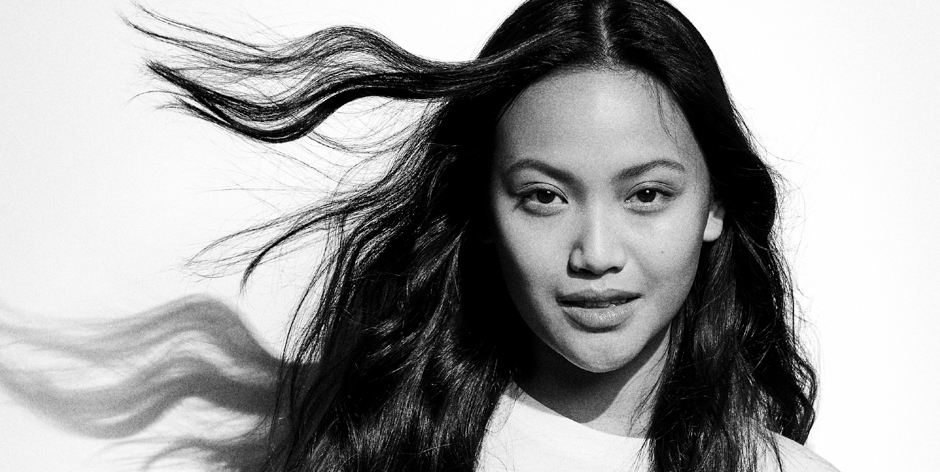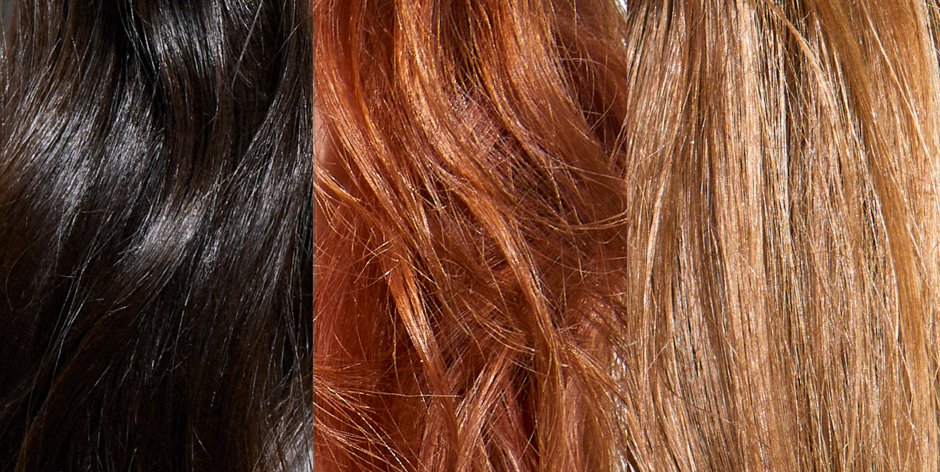How to revive your hair and prevent hair loss

Hair has played an important part in the image of people since ancient times. It is attributed with symbolic meanings: charm, health, beauty, even seduction. Therefore, it is quite obvious that nobody wants to willingly give them up.
I’m not going to beat around the bush; hair loss plagues us all and it can seriously affect our mental health and confidence. In today’s hectic world, there are more and more people that have to deal with hair loss. In Europe alone approximately 50% of men and 60% of women suffer from hair loss. Do not be alarmed if you lose a few hairs each day; the healthy norm is between 50 and a 100. You should start to pay more attention to it, if you exceed these numbers and the problem does not pass. In such a situation it’s excessive early hair loss.
What’s the cause?
There’s a plethora of reasons for why you may be losing your hair. Often, it’s just genetics. If one or both of your parents have experienced this issue before, then you are more than likely to experience it as well. Another reason can be hormonal fluctuations, this is often observed in women after birth or during menopause. Stress, an unhealthy lifestyle and even bad cosmetic care can all be causes. You can start experiencing hair loss after some acute trauma. Some illnesses can also be culprits, such as issues with your thyroid, adrenal glands or autoimmune diseases.
Lifestyle is the key
If hair loss decides to visit you suddenly and with none of the above reasons as a cause, then do not fear just yet. It could just pass by itself; hair tends to fall more during spring and autumn. Maybe your body is just deficient of some vitamin or mineral or you have a weakened immune system. In such a case, focus on your lifestyle first. Eat avocado, fish, curcuma, flax seeds, spinach, meat and eggs. Put short and sweet; improve your diet with ingredients rich in vitamins A, C, B12, biotin, iron, zinc or Field Horsetail. It may surprise you but even the ancient Greeks or Romans knew about the effects of this herb; they used it to treat osteoporosis and liver problems. Today, we know, that the herb contains the wonderous silicon which works as a strong antioxidant, which in turn helps create collagen and as such is very helpful in reducing hair loss. You can find Horsetail in, for example, the dietary supplement ‘WeCare about your HAIR’, which contains a whole deluge of carefully selected vitamins and minerals of the best quality. You should most definitely add this supplement to your daily beauty routine and make sure to take it for at least a month regularly so that you can revel in the beauty of your hair once more as a result. You do not have to take it just as a treatment for hair loss though; take it as prevention. This is because it completely nurtures, strengthens and improves the quality of your hair.

Tender haircare is an important bonus
Bad cosmetic care will be quickly visible on your hair. That’s under the assumption that you don’t really want to add more oil to the already raging fire. Make sure to avoid products that contain sulphate and parabens. Select gentle shampoos, conditioners, masks with natural ingredients which forgo the breaking of hair and deeply regenerate and bolster the hair. Peelings are also great or hair tonics. That is a great foundation because healthy hair can only grow out of healthy skin. Focus specifically on haircare that is focused on preventing hair loss and stimulating their growth. Ideally, use the product from your preferred brand of hair care like all your other haircare. If you have no idea where to start, don’t be afraid to ask your hair stylist or ask in the pharmacy. Wash your hair gently in colder water, do not dry your hair by scrubbing it with the towel, gently wrap it in the towel and let it absorb the water instead. Carefully brush; start at the ends and then move up to the roots. Try to avoid styling or drying your hair with excessive heat and if you do use styling to protect the hair before. Never go to sleep with wet hair, it is more fragile, softer and thus much easier to break.
When to seek professional help?
If nothing out of the aforementioned tips works, try trichology. This scientific field combines dermatology and cosmetology and focuses on the health and hygiene of the hair and scalp. During an examination by a trichologist, after a thorough conversation, they will examine your hair with a special camera to diagnose the actual state of it. Based on this you will be recommended a special treatment or will be treated ambulatorily. The latter is very individual and can take between two to six months.
